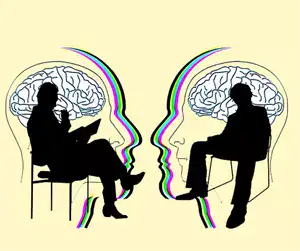Genuine Interaction in ESL Classes through Questions
Triggering genuine interaction and critical thinking in ESL classes through challenging questions to optimize classroom interaction and social presence among L2 learners Author: Dr. Mohammad Hossein Hariri Asl Video of genuine interaction in ESL classes Watch this video on YouTube Abstract These days, insufficient attention is being paid to the significance of proper questions, the …





